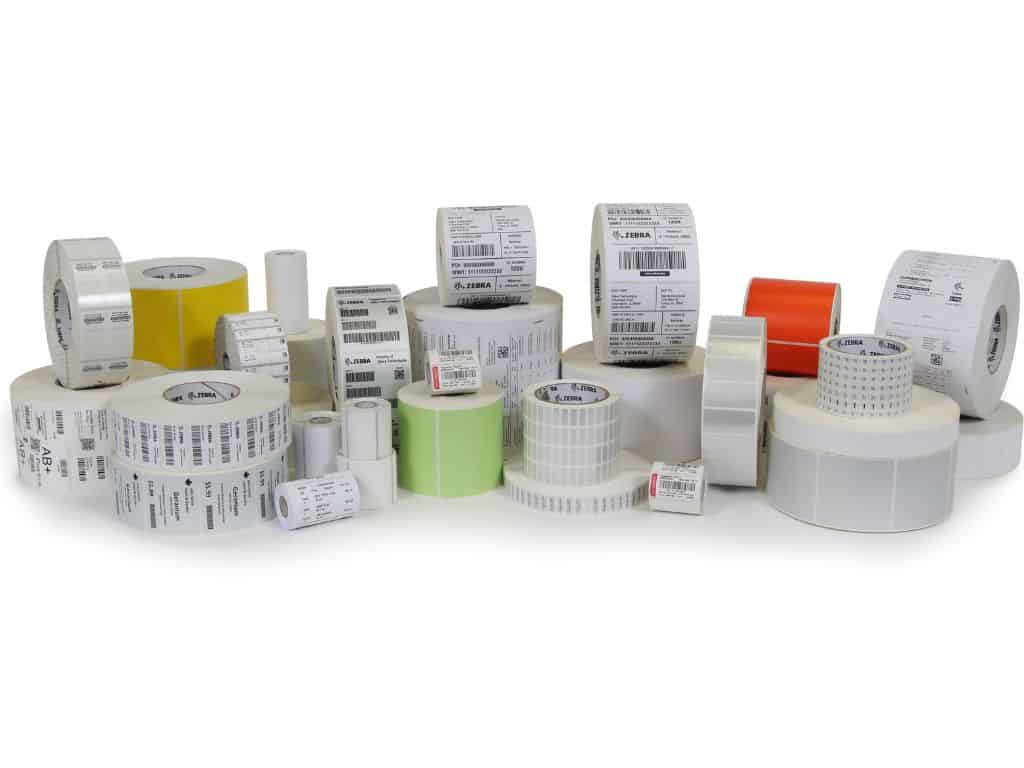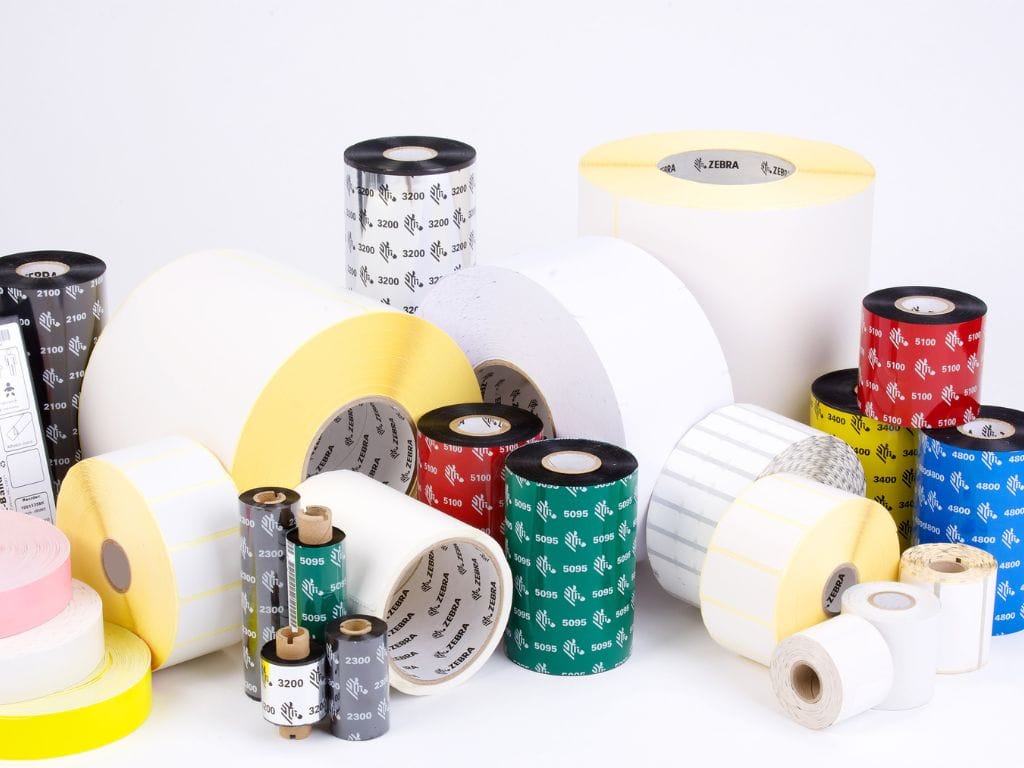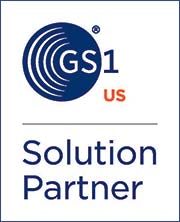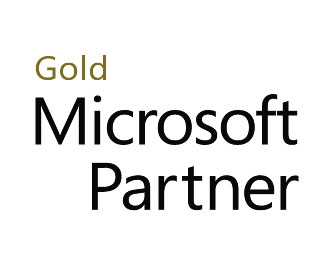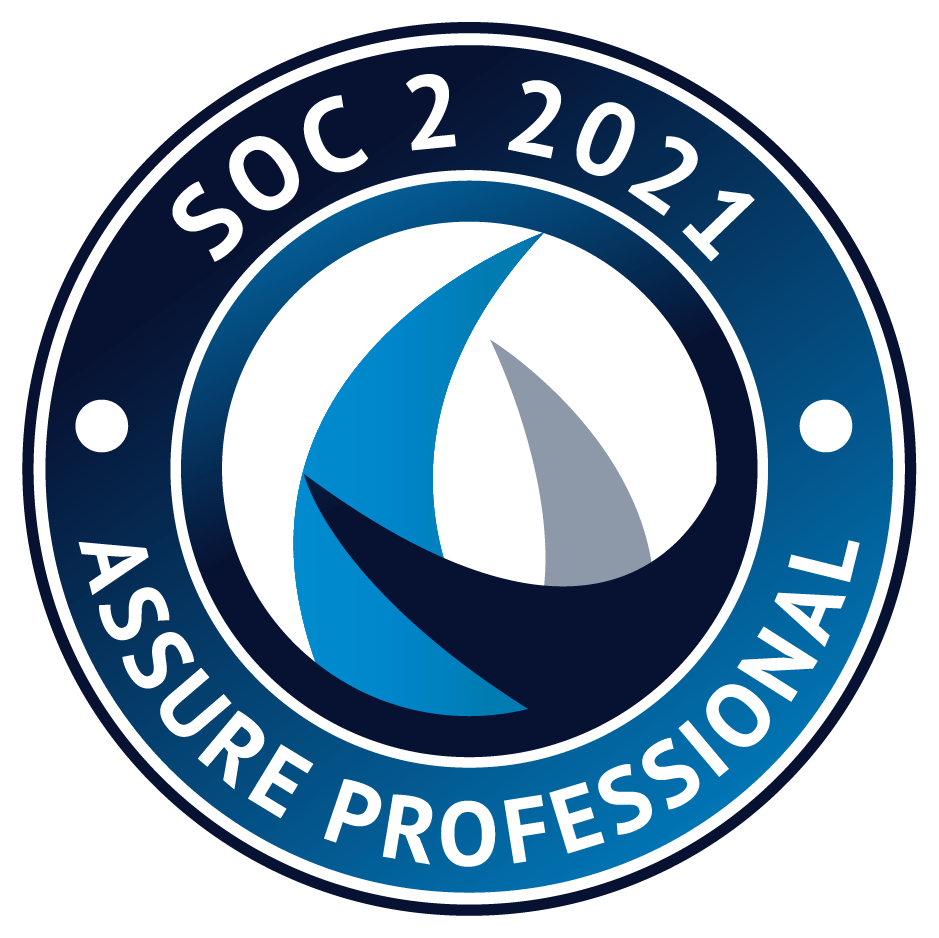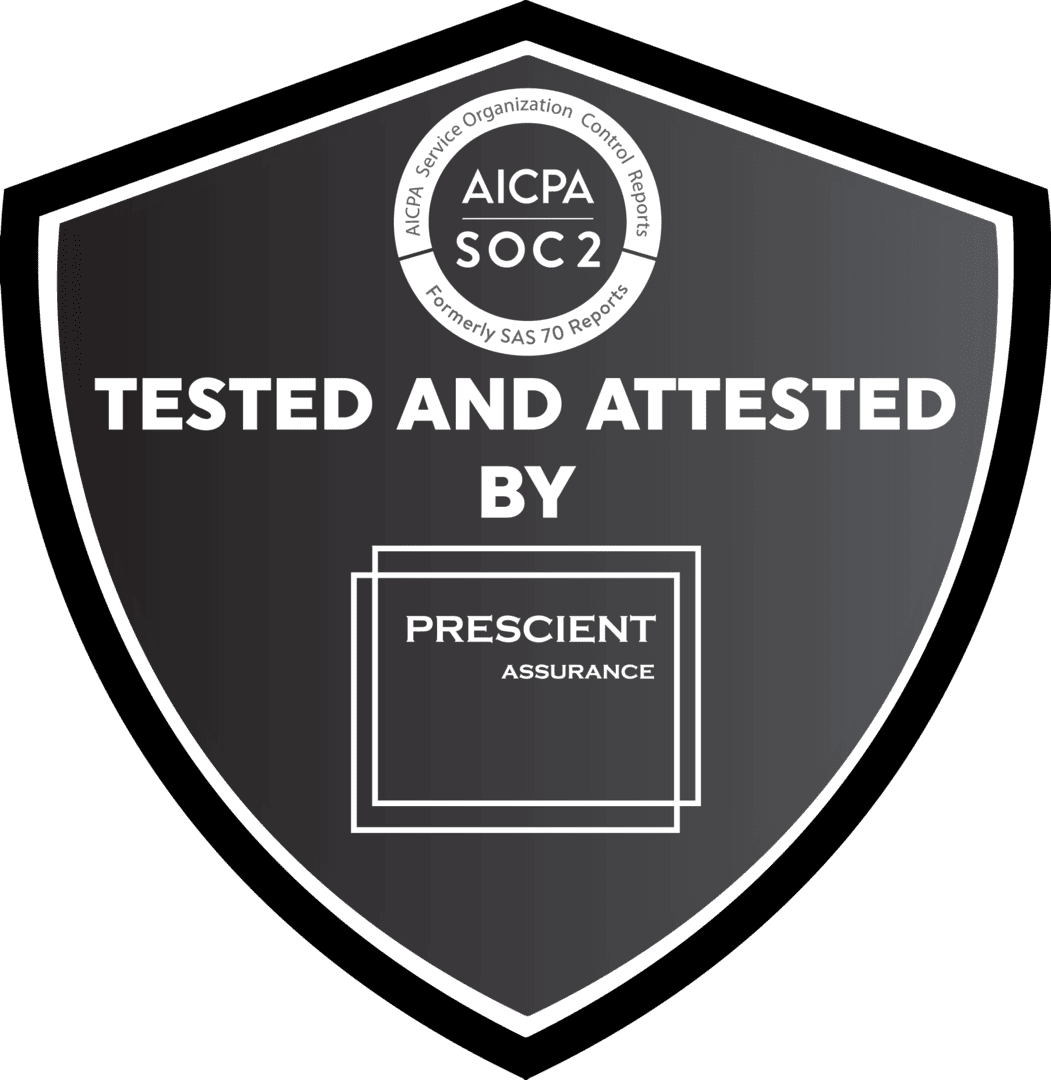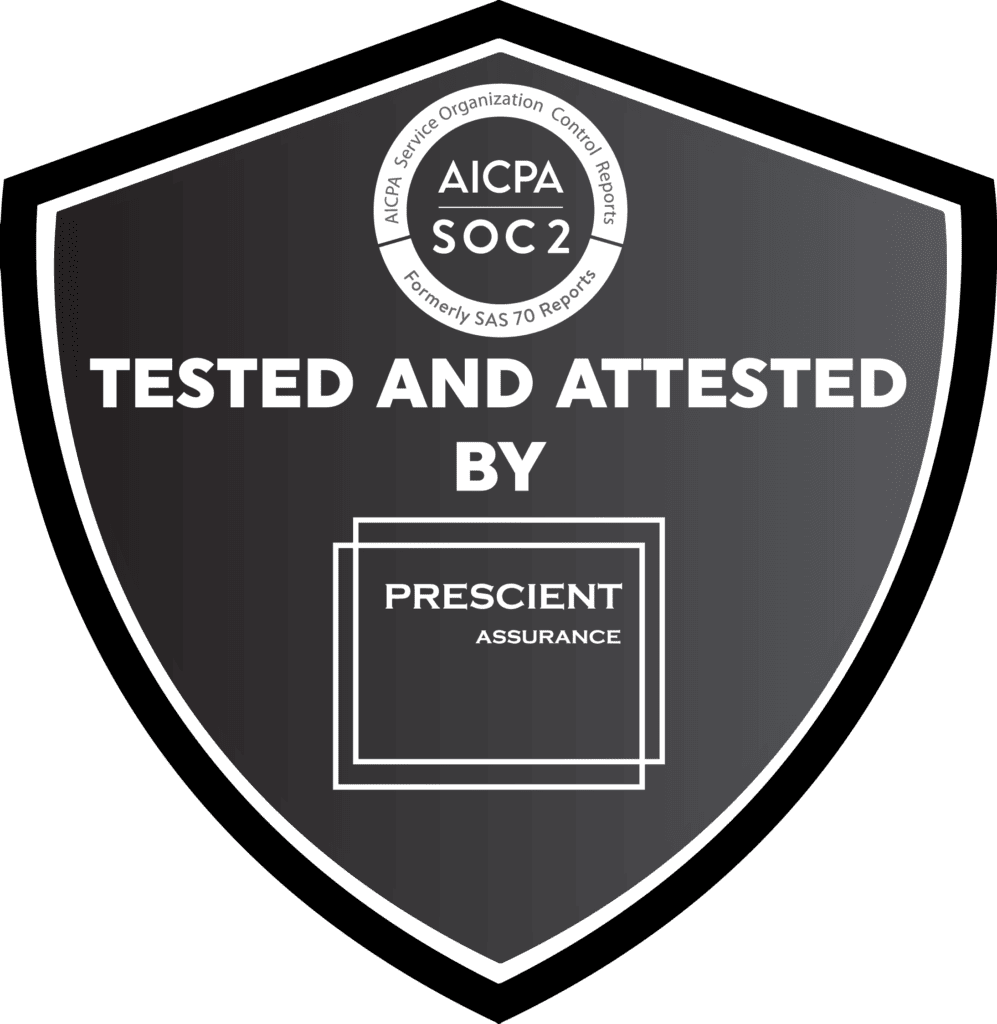Partner Blog / Zebra
Want A Better Way To Track, Trace, Locate Or Count Inventory, Assets, Or Even People Within Your Supply Chain Or Facilities? You May Want To Take A Closer Look At (Low Cost) UHF RFID Technologies. Zebra’s RFID Expert Chris Schaefer Explains Why.
The buzz around real-time location systems (RTLS) is growing across every industry as organizations seek better ways to track and trace the movements of assets and inventory across their supply chains, within their facilities and during last-mile delivery. As a result, several new buzzwords – and even more questions – are emerging around radio frequency identification (RFID) technologies.
Though it’s just one flavor of RTLS, RFID is arguably garnering the most attention from manufacturers, warehouse operators, transportation companies, retailers, utilities and even the healthcare community.
Why?
Well, that’s something we asked RFID expert Chris Schaefer to answer in the latest episode of our Your Edge Podcast.
Chris leads the global market development team for Zebra Technologies’ Data Capture Solutions business and serves as chairman of the board for the RAIN RFID Alliance, a global alliance promoting the universal adoption of UHF passive RFID technology. He and his team have spent the last several years helping customers solve business challenges by deploying and refining all sorts of RFID tracking solutions. He has deep knowledge of the benefits of each passive and active RFID technology, including UHF RFID – or RAIN RFID.
Not a day goes by without someone calling him to ask:
- What is RFID tracking (or RFID locationing)? How does RFID work, exactly?
- Is RFID meant to replace barcoded track and trace solutions? Where is RFID used most often?
- How can RFID be used within my business, specifically?
- What is the difference between RFID and NFC? Or Bluetooth® Low Energy? Or Ultrawideband (UWB)?
- What is the difference between active and passive RFID? What is the frequency range of RFID?
- How does RAIN RFID compare to other RFID technologies from a cost, quality and complexity perspective?
- What is the return on investment (ROI) for RFID?
And these are just the most commonly asked questions.
Because RFID comes in so many different varieties and can be utilized in so many different ways, organizations often go through a focused discovery process in order to determine which RFID readers, printers and tags are going to facilitate the best outcome. Chris and his team help drive that process and often stay engaged to ensure the success of implementations as well. He understands the applications for which RAIN RFID solutions are best suited and the scenarios in which a different track-and-trace technology will be more effective.
Listen in as he talks about:
- The business case for RFID for any organization that wants to improve its asset tracking, inventory counting or people locationing capabilities.
- The benefits of RAIN RFID specifically for small businesses and large enterprises alike.
- The considerations that must be given when selecting and deploying RFID tracking solutions.
- The emerging use cases for RFID technologies.
- The ways in which RAIN RFID can help improve healthcare processes.
- Which industries stand to gain the most from the adoption of RFID technologies.
- The cost of RFID (and the cost of delaying certain RFID implementations).

